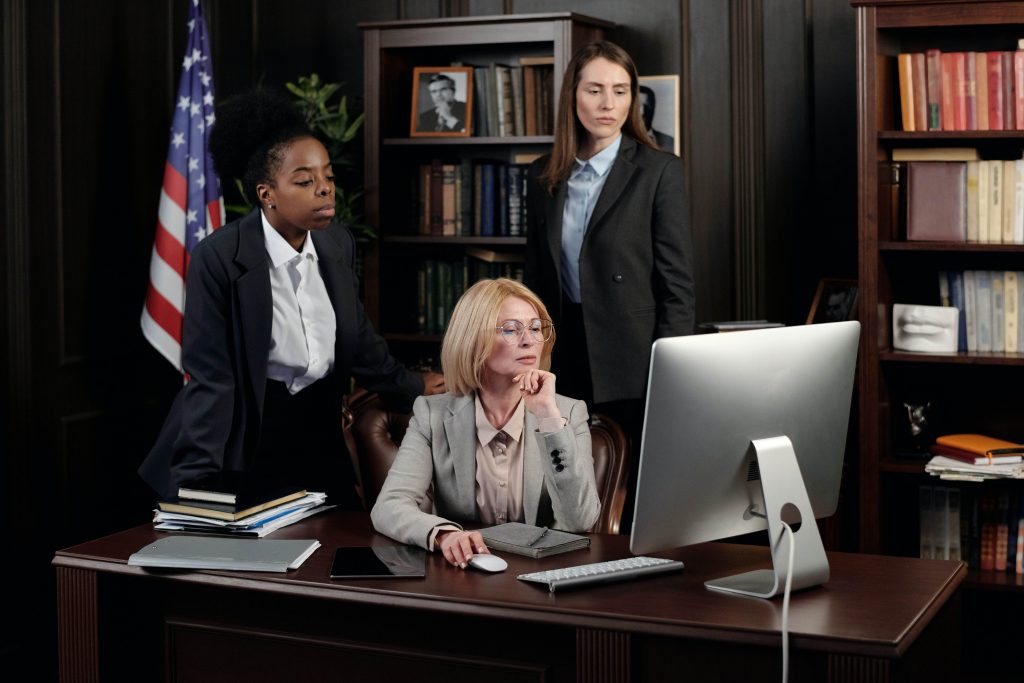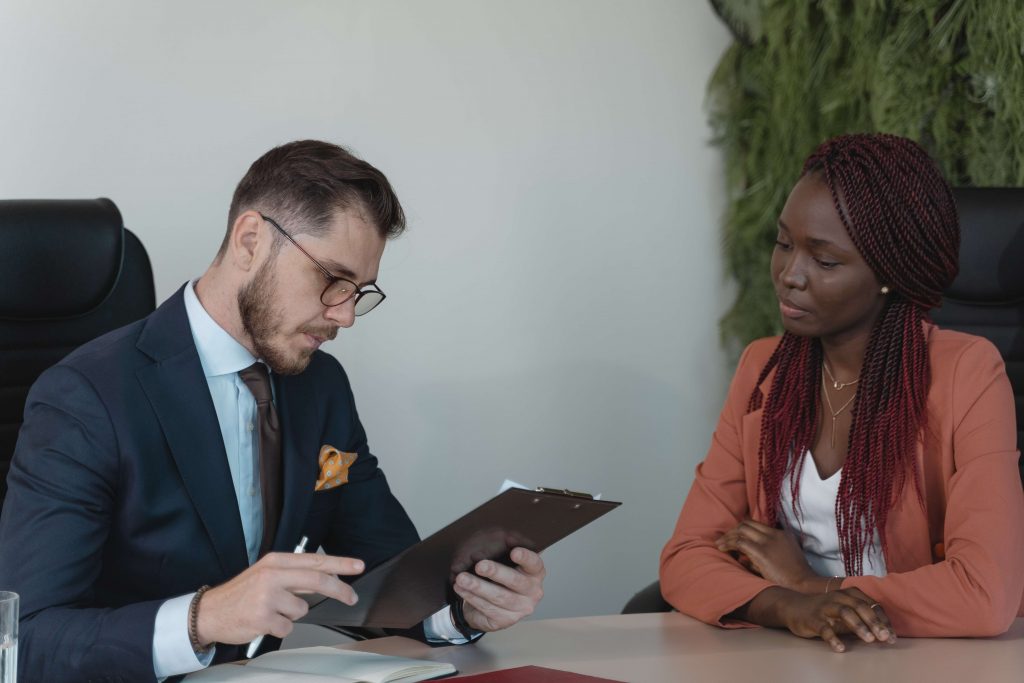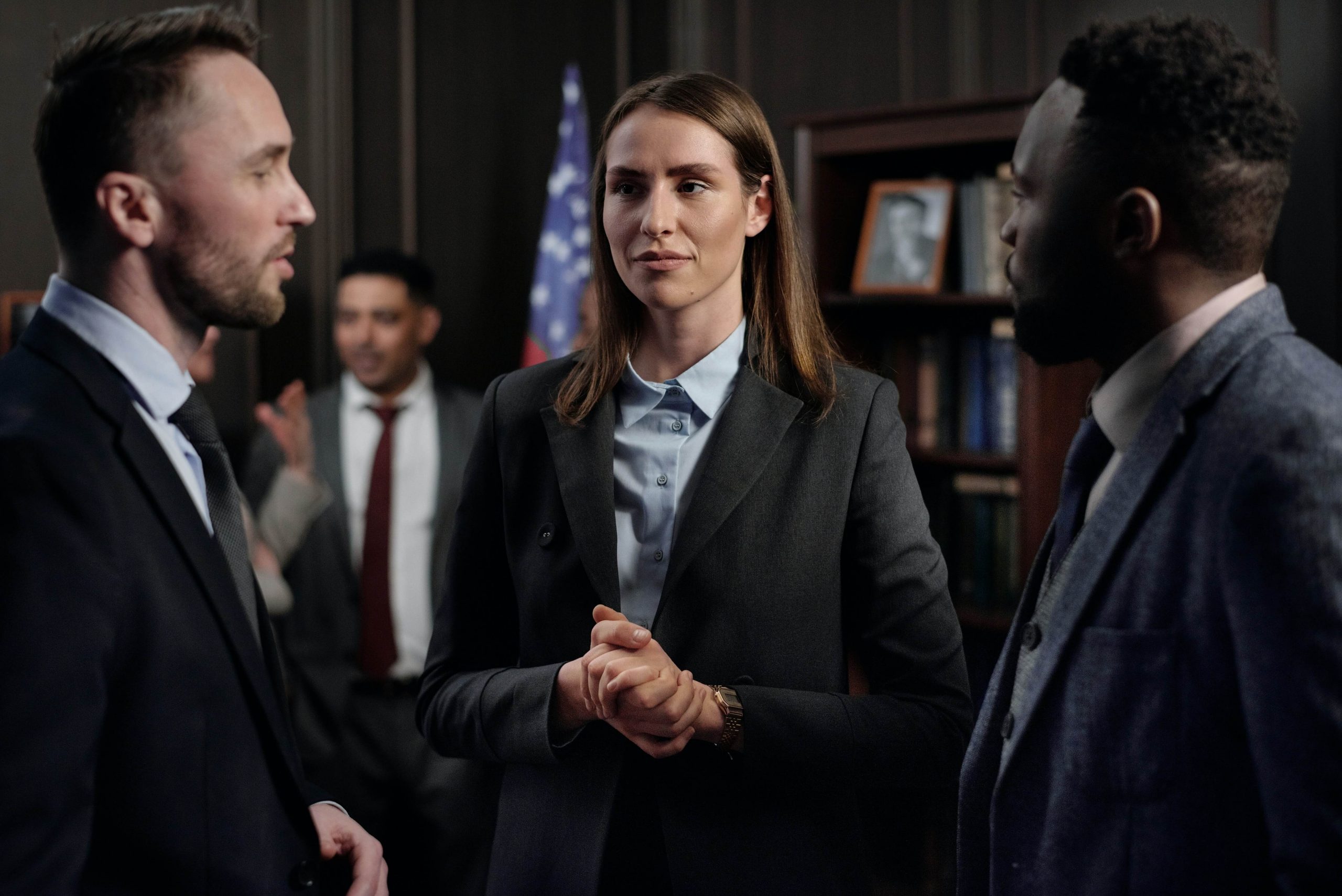The need for efficient, progressive diplomatic relationships between nations is of the utmost importance. Ambassadors either have a career as Foreign Service Officers (FSOs) or are non-career political appointees.
The fact that this title is prestigious and comes with a great amount of responsibility means it also requires individuals who live up to the title, stand out from the crowd, and have established professional experience.
So, what does it take to become a U.S. ambassador?
What Do U.S. Ambassadors Do?

Ambassadors represent the U.S. government, or their country of origin, in place of the president or a leader. Ambassadors are also known as diplomats, as a more general term. These professionals also help travelers from their home country, explain foreign policy, and evacuate refugees from dangerous situations.
Due to their careers’ delicate nature, ambassadors conduct their duties with a diplomatic mindset, intending to maintain a positive relationship between countries.
Further on, we will discuss what steps to follow if you aspire to become a U.S. ambassador.
Education and Requirements

Ambassadors must have stellar verbal and written communication skills. In diplomatic circles, a keen knowledge of current events—both domestic and international—is crucial. As early as you can, keep up to date with worldwide news and engage about political issues.
If opportunities exist, attend publicly accessible seminars by visiting diplomats or government officials and conferences on foreign policy matters.
What to study to become an ambassador?
Even though educational requirements to become an ambassador are not specific, like with many specialist positions, a graduate degree is preferred or required with the Foreign Service. Most ambassadors hold a degree in political science, international relations, history, or other related disciplines. A master’s degree or Ph.D. can accelerate the diplomatic career of aspiring ambassadors. Also, these individuals tend to include foreign language courses in their studies.
What will make you stand out?
Certain things will make you stand out from other potential Foreign Service candidates. Being fluent in other languages is a high-demand quality. Some languages include Mandarin, Arabic, Farsi, and Turkish.
From early on, prospective ambassadors should:
- Develop leadership skills
- Lay the foundation for political affiliation
- Do as much humanitarian work as possible
Internships and overseas experience are fundamental for this career path. The U.S. Department of State offers two internship paths for students interested in U.S. foreign policy and diplomacy:
- The Pathways Internship Program
- The U.S. Department of State Student Internship Program
Other worthwhile and valuable internships and volunteer opportunities include organizations such as:
- The United Nations
- UNESCO (United Nations Educational, Scientific, and Cultural Organization)
- The World Bank
- The International Organization for Migration
- The Peace Corps
Personal qualities
Essentially, the ambassador’s job is to be a mediator between two governments, which are often not likely to agree on all issues. The role, while highly regarded, is demanding to a fault. Some indispensable qualities include:
- The capacity to stay poised, to think on one’s feet, and to maintain self-control
- Be adaptive, value systems, political beliefs, and economic circumstances of other cultures
- Have the ability to absorb complex information from various sources and draw rational conclusions
- The capability to discern what is appropriate, practical, and sensible in a given situation
- Have a quality to stay unbiased to avoid deceit, favoritism, and discrimination
- The potential to establish positive relationships and gain the confidence of others
Career Growth

This isn’t a job you can get overnight. You have to climb up the ladder by showing potential and determination. Here are steps that you should follow to be eligible for an ambassadorship.
Choose a profession
To become a U.S. ambassador, firstly, you need to become a Foreign Service Officer. Selecting a career track is a major decision since you may not be able to change your mind once you choose a path during the registration for the Foreign Service Officer Test (FSOT). Career opportunities include:
- Consular Officer
- Economic Officer
- Management Officer
- Political Officer
- Public Diplomacy Officer
The Foreign Service Officer Test (FSOT)
After deciding on a career, you can register for the tests before deadlines or until capacity is reached. Before taking the Foreign Service Officer Test, you may take the FSOT Practice Test to experience a practical preview and receive an estimate of your likelihood of passing the FSOT.
If you pass the FSOT multiple-choice section, you will receive an email asking you to submit a Personal Narrative (PN) to the Qualifications Evaluation Panel (QEP). Successful applicants then get invited to take the Oral Assessment.
If you successfully pass the Foreign Service Officer Test, Qualifications Evaluation Panel, Oral Assessment, security and medical clearances, and a suitability review, you are placed on a hiring register. People with higher scores will be positioned higher and hired depending on the needs of the Foreign Service.
Gain experience
Part of life in the Foreign Service is moving every few years. Even if they are not in your primary focus area or are located in distant or precarious locations, accept all posts submitted to you. This way, by being flexible, you prove your commitment to the career of diplomacy and your ambition to be groomed for an ambassadorship.
Once you get your first job, you’ll need to work your way up, so make sure to be noticeable, do your job well, and network. As much as skills are important, networking plays a big part in reaching your final goal. Become an expert on the history, geography, culture, language, political systems, and role of that particular country in the global economy.
Receive Appointment
Climbing the ladder, as mentioned before, requires time and continuous commitment. By getting involved with your chosen political party and showing liability and attentiveness, the odds are more in your favor at attracting national attention from decision-makers.
Overall, engage as much as possible with the U.S. government’s policy on that country. Hopefully, you will get nominated as ambassador by the President to serve as a United States diplomat to individual nations of the world, international organizations, or ambassador-at-large.
Gaining ambassadorship is a process that will take unmatched dedication, time, and an impressive skill set. However, if you put both your mind and heart to it, it will be a journey well worth it. We hope these tips helped guide you. Additionally, if you were unsure about following this path, and this article convinced you, you can start by enrolling in BAU’s Bachelor of Arts in Political Science and International Relations program.










